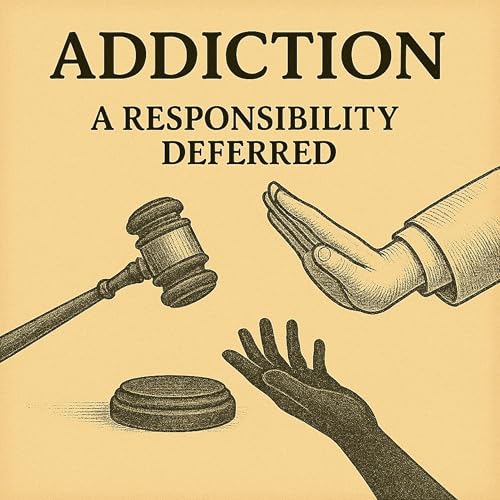
A Responsibility Deferred
Échec de l'ajout au panier.
Échec de l'ajout à la liste d'envies.
Échec de la suppression de la liste d’envies.
Échec du suivi du balado
Ne plus suivre le balado a échoué
-
Narrateur(s):
-
Auteur(s):
À propos de cet audio
America’s overdose crisis now claims over 100,000 lives every year – a staggering human cost that exceeds the toll of car crashes and gun violence. Each death is a son or daughter, a friend or parent, gone too soon. Yet this devastation is not for lack of medications, knowledge, or funding. We have effective treatments and proven harm reduction tools. What’s missing is the leadership to organize these assets into a functioning system. The truth is harsh: the country does not lack resources – it lacks oversight, governance, and a blueprint that coordinates the resources already on hand.
Consider the scale of resources we do have. States are beginning to receive more than $50 billion from opioid lawsuit settlements earmarked for abatement. At the federal level, an array of 19 agencies already operates with roughly $44 billion dedicated to addressing addiction and the overdose. We have tens of thousands of treatment programs, first responders equipped with naloxone, and decades of research on what works. Money, programs, and knowledge exist. What we lack is a unifying strategy to deploy them coherently. No single entity ensures that all these efforts work in concert. No standard blueprint guides counties and states on how to build an effective continuum of care. The fragmentation means even well-intended efforts leave gaps through which people fall into tragedy. In short, we suffer not from scarcity but from disorganization. The overdose crisis is a failure of management, not imagination.
By Niklas .S Osterman BHPRN, MA Addiction Specialist


